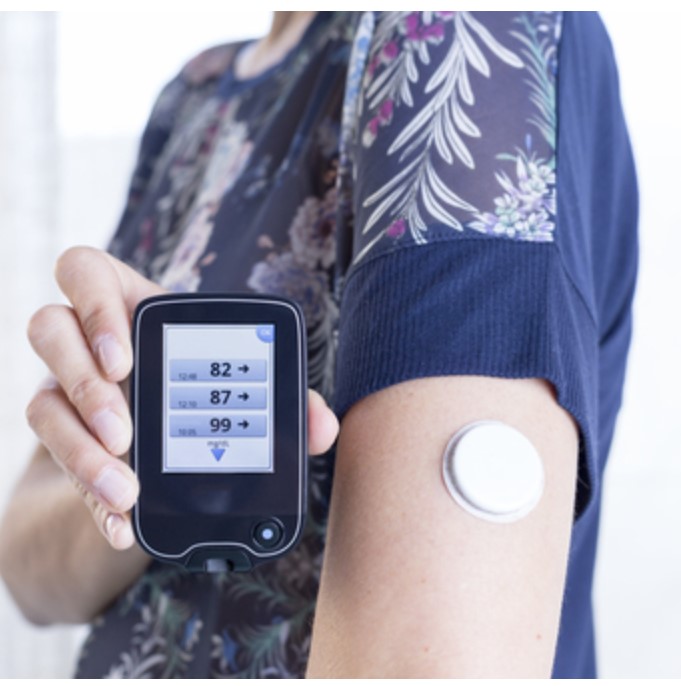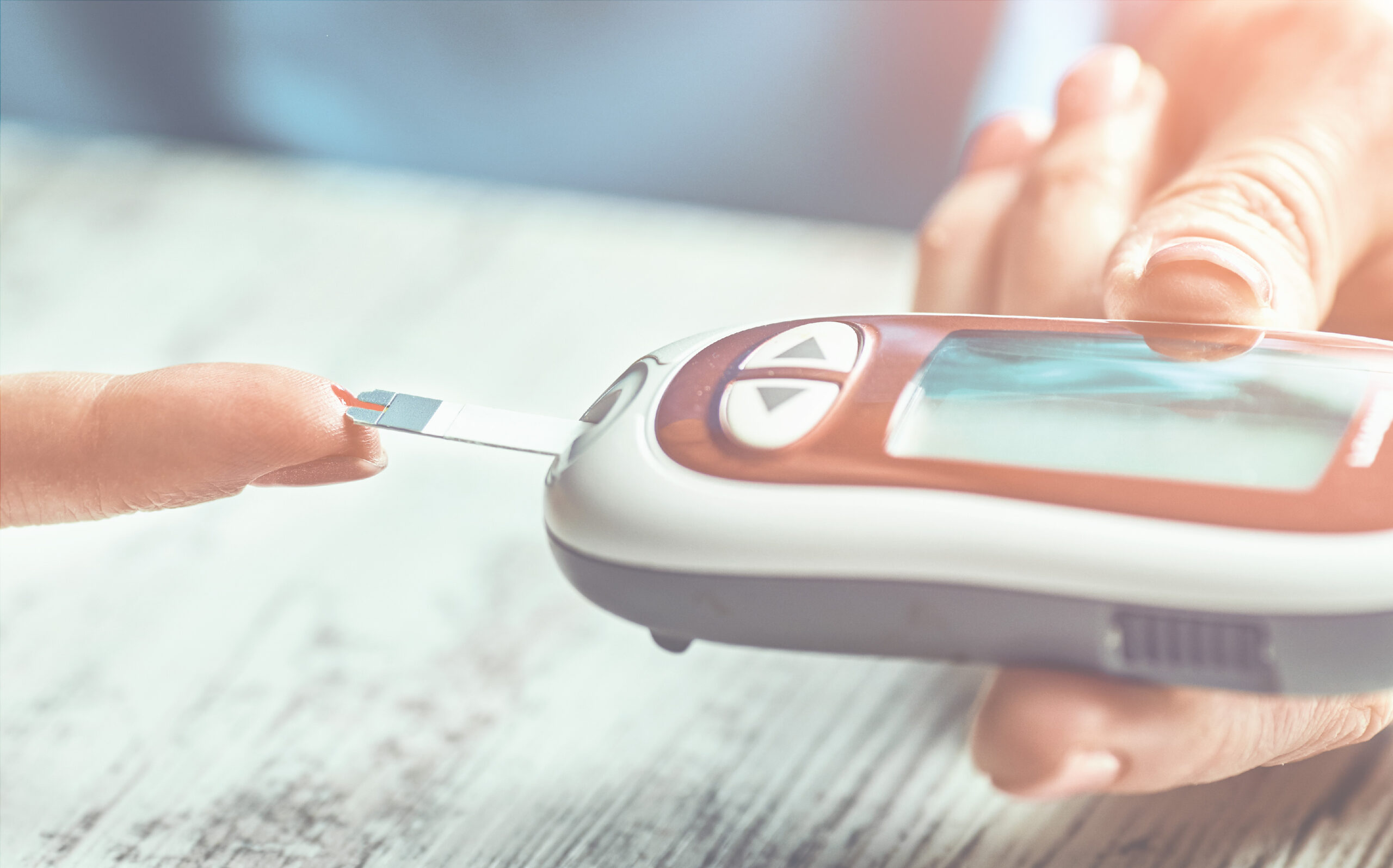What recent advancements in diabetes research have been made in Malaysian and abroad, and how do they impact our understanding and treatment of the condition?
It is an exciting journey in terms of digital health & technology and how it has revolutionised diabetes care. While this technology may have existed in Western countries probably more than a decade ago, the adoption of technology and digital health has been poor in South East Asian countries including Malaysia. However, this has changed during the COVID-19 era, with the emergence of many online platforms for digital health and teleconsultation that provide accessible healthcare to many patients with various conditions including diabetes.
I recently completed and presented my research on remote insulin titration (insulin dosage recommendation) for patients with Type 2 Diabetes Mellitus patients using a digital platform. Their glucose readings were digitally recorded via Bluetooth connection to their smartphones and results were summarized into graphs and bar charts. This aids the patients in understanding their glucose control and trends through their meal intakes and activities. Food pictures, exercise regime, and duration of exercise can be incorporated into the digital logbook as well. It has proven to be very useful and effective in improving glucose control. Imagine the cost-effectiveness of this digital platform, largely driven by a reduction of unnecessary hospital visits and absenteeism from work.
Due to the advancement of technology, there are also many ways of tracking blood glucose reading other than the conventional finger pricking for blood glucose readings. There are now devices called real-time continuous blood glucose monitoring (rT-CGM) that can show interstitial (fluid space below the skin) glucose readings continuously for up to 2 weeks. Patients can observe their glucose trends throughout the day by just scanning the sensor of this device (which would be commonly placed on the patient’s underarms). The data then can be shared with their healthcare providers and thus, necessary treatment and management advice can be given.
It is exciting to learn that there is much more research and development of diabetes technologies globally.

As diabetes affects millions of Malaysians worldwide, how can society work together to raise awareness and provide support for those living with diabetes mellitus?
As mentioned earlier, begin small within the local community, be it in the workplace, neighbourhood, or within town. It could be in terms of organizing health screenings, health talks, and mobile clinics just to name a few.
With the emergence of social media and digital content creation on various platforms such as Twitter, Instagram, Facebook, Telegram, TikTok, etc, these can be utilized purposefully to raise awareness of diabetes.
Diabetes Mellitus patients also lack peer support, and it would be good to have support groups for patients living with Type 1/Type 2 Diabetes Mellitus. Often, they are stigmatized and shunned by their peers, workplace colleagues, and even family members!
Lastly, Diabetes Mellitus should be treated as an emergency as its prevalence is rising in Malaysia and is projected to rise exponentially. This would not only give rise to an unhealthy nation but may also cripple our nation’s economy. Healthcare providers need to have clinical inertia to prevent diabetes and treat diabetes aggressively to prevent the emergence of complications.
If we want to combat Diabetes Mellitus, all Malaysians need to work together and make it a combined effort!
by Dr Lim Sue Wen, Consultant Endocrinologist & Physician

